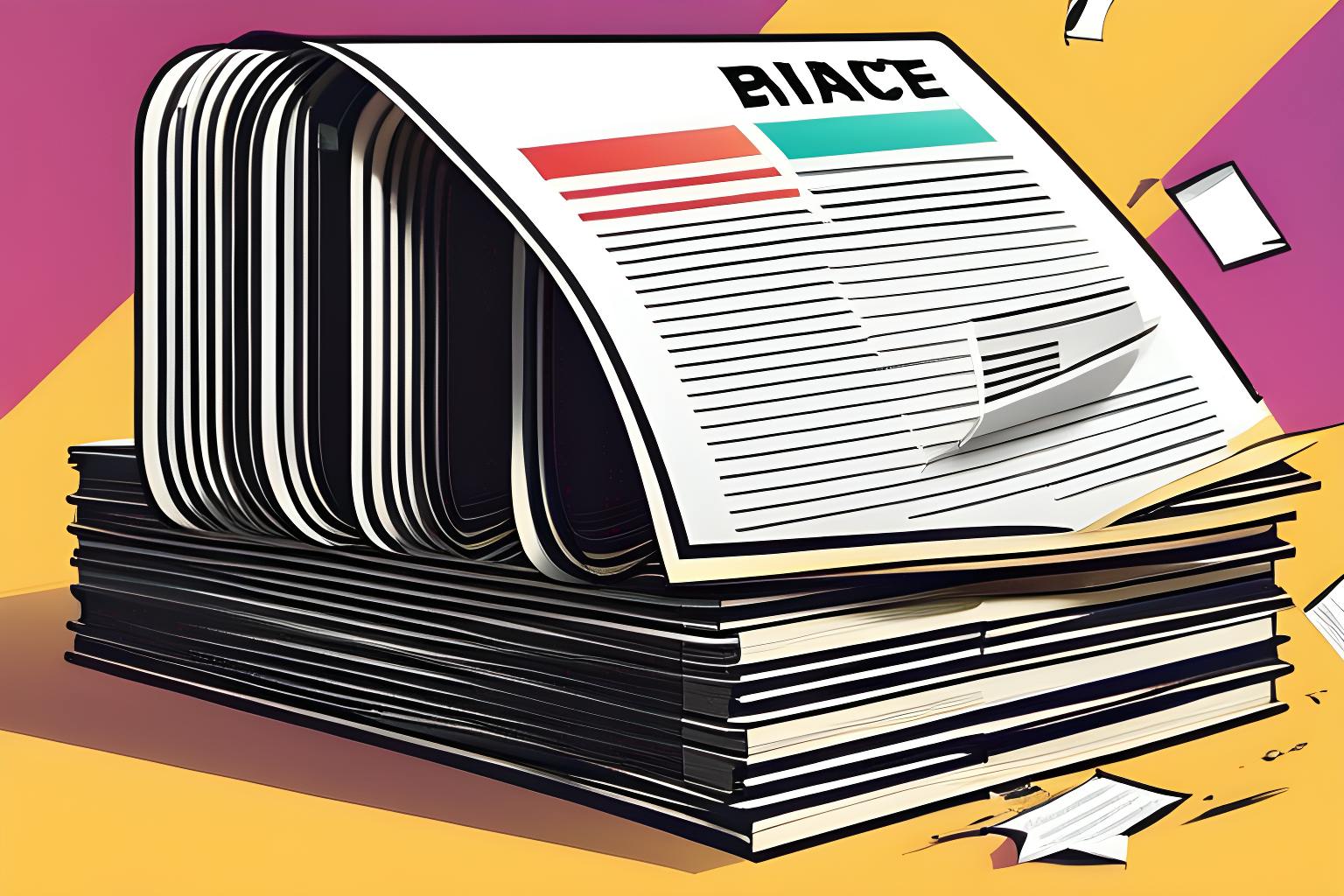Binance's CEA Violations - COUNT II: Illegal Off-Exchange Commodity Options
by
September 10th, 2023
Audio Presented by

Legal PDFs of important tech court cases are far too inaccessible for the average reader... until now.
About Author
Legal PDFs of important tech court cases are far too inaccessible for the average reader... until now.
